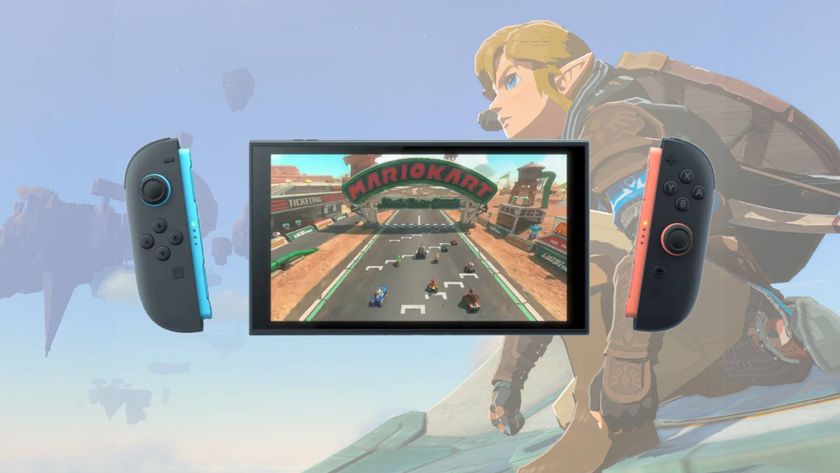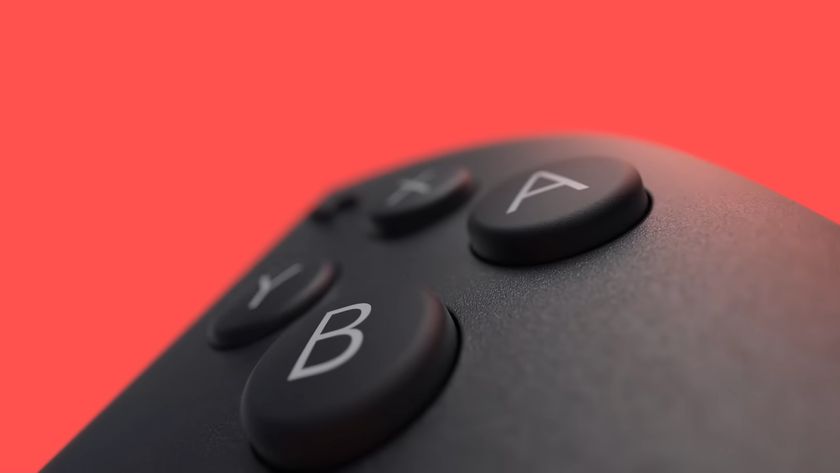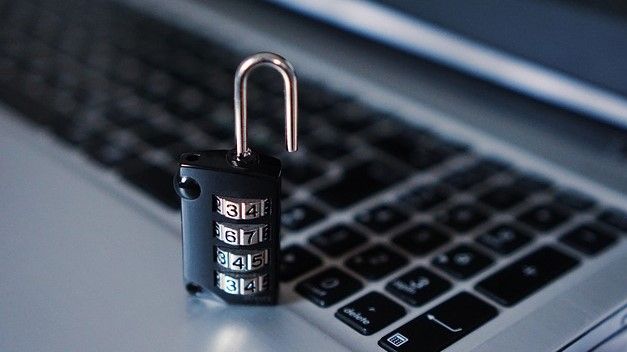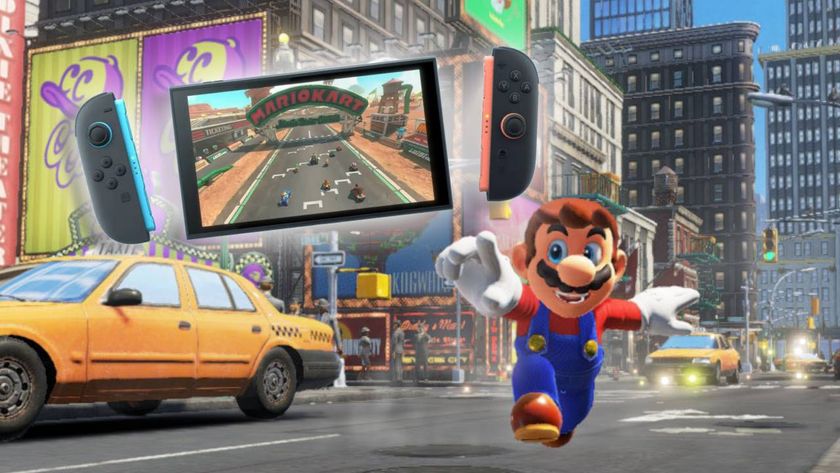FIFA 19: 10 tips to make you a better player
Don’t let new controls trip you up
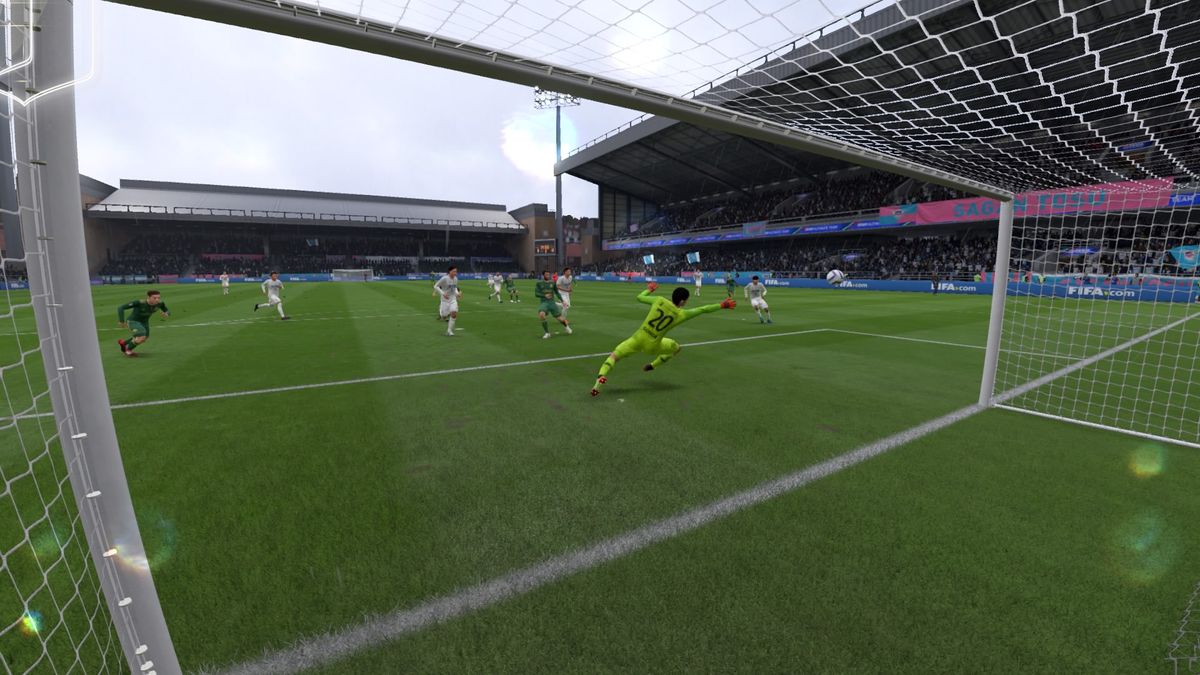
FIFA 19 finally kicks off today – bringing fast, fun football action to Playstation 4, Xbox One, Nintendo Switch, Windows, as well as PS3 and X360.
FIFA 19 is a brilliant football sim, and one that makes meaningful strides forward from EA’s offering last year. It has plenty of new mechanics as well as refinements to old ones, which means you’ll need to reprogram your FIFA brain to get back to winning ways.
With that in mind, here are 10 tips that will help you become a top player, whether you’re battling online in Ultimate Team or squaring up to the CPU in Career mode. Let’s play some football.
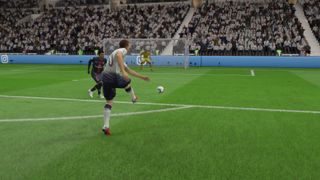
1. Timed finishing
Timed finishing is one of FIFA notable new mechanics, and it’ll let you score some sublime goals. You can shoot as you would in every other FIFA game – but if you tap the shoot button again just before you make contact, you’ll hit it with extra power and accuracy.
To get the timing right, all you have to do is spend some time practising in the arena. But arguably more important than how to use it is when to do it. It doesn’t work well when the ball is in close to your feet, or if it’s rebounding to you quickly, because the window to double tap is so small. In these situations, don’t even try a timed finish, because it’ll likely throw your shot off. And besides, you never really need a timed shot: normal shooting is just as good as ever.
Instead, keep it for shots where you have time between when you press shoot and when your player makes contact, so that you can reliably predict when to double tap – like when taking shots from distance where you’ve got lots of space in front of you.
2. Don’t mash the shoot button near the goal
When the ball is loose in the six-yard box, most players’ natural reaction is to mash the shoot button and hope one of their strikers connects. Don’t do it this year.
Get daily insight, inspiration and deals in your inbox
Sign up for breaking news, reviews, opinion, top tech deals, and more.
Because of timed finishing, hitting shoot repeatedly will just make you slice your shot, and can lead to some embarrassing open goal misses. Just press shoot once – your player will be just as eager to get to the ball as they would if you pressed it 50 times. It takes some getting used to, but showing restraint will pay off.
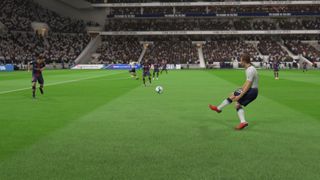
3. Driven cross
If you’re on the wing and you’ve got a striker all alone in the box, the low cross (double tap the cross button) works best. But if you want to bend the ball around a defender, or fire it in from an unusual angle – further away from the byline, for example – the driven cross is your best bet.
It’s remarkable how often a driven cross will pick your striker out perfectly. If you’ve got a direct line of site to your teammate, or you see them peeling away from a defender, then hold R1/RB and hit the cross button. The advantage over the low cross is that you can change the power, allowing you to reach teammates that are further away.
4. Don’t neglect Quick Tactics
FIFA’s fancy new tactics system, which lets you set individual strategies for the five mentalities (from ultra-defensive to ultra-attacking) is useful to turn the tide of a match. Make sure you customise each one so that going defensive will help you hold onto a lead, while going offensive will pile your players forward.
However, you shouldn’t neglect FIFA’s quick tactics, which you can activate by using the D-Pad. Pressing up and then right will force your fullbacks to push forward, while up then left will make your wingers hug the touchline. Go to Basic Controls > Tactics to see all your options. You can also press either up or down in-game to see your attacking and defensive options respectively.
5. Tap shooting
FIFA 18’s driven shot was a reliable way to score: you powered up your shot and tapped the shoot button again just before contact. Naturally, that won’t work in FIFA 19 because of the new timed finishing system, so instead, you have to hold R1, L1 and shoot to drive the ball low.
They’re still fairly reliable, but we’ve found that simply using a low-powered normal shot – around one bar of power – is a consistent way of scoring one-on-ones. Just make sure you get to the penalty spot or closer, because any farther away than that and the keeper will have more than enough time to make the save, and aim for the corners.
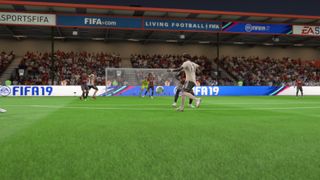
6. Master the first touch and volley move
FIFA 19 overhauls first touches, and you can now flick the ball in any direction you want using the right stick. Usually, if you’re set in position and the ball is coming straight for you, flicking the right stick will bring the ball off the ground, which is good for putting it around a defender or, more usefully, setting yourself up for a volley.
I wouldn’t recommend it if a defender is sticking close to you, because they’ll usually just battle for the ball. But if you have space, then flick the stick towards the goal. It’ll pop up perfectly for a volley, and you’ll reliably test the keeper. Hold L2/LT for an acrobatic attempt.
Alternatively, you can simply click in the right stick before you receive the ball, which will still flick it straight up, but it won’t go as high, and the ball will stay closer to you. Use the left stick to choose the direction you want to flick it up. It works well if a defender is right at your back, or if you’ve found a small pocket of space in the box.
7. In career mode, play your youngsters
There’s nothing more satisfying than finding a young gem in career mode and seeing them blossom into a superstar. There are plenty of websites out there that will tell you the potential rating of every player in the game (just use your scouts if you feel they give you an unfair advantage), but remember: a player won’t reach their potential if they rot in the reserves.
Putting young players in training sessions will boost their stats, but the best way to develop them is to give them game time. For best results, stick them in the starting 11 from time to time. And if you’re squad’s too big to reliably give them a chance, then send them out on loan to a team that will give them playing time.
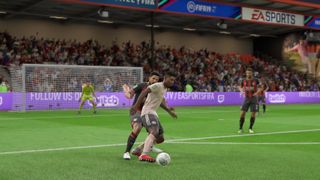
8. Use L2/LT to keep first touches close
A fancy first touch isn’t always the best option, especially if you’ve got a couple of defenders nearby. To keep the ball close to you, hold L2/LT as you receive the ball, and press the left stick away from the nearest defender. It’ll practically stick to your foot, and if you carry on holding L2/LT, your player will use their body to keep the defender at bay.
9. Tackle the sliders
FIFA 19 is fast and furious, and it’s on the arcade-y end of the football sim spectrum. But if you feel like chances are too easy to come by, or you just want games to unfold at a slower pace, then you can easily tweak every aspect of the game, and it’s all readily available in the main menu.
The first place to start is knocking Game Speed down to Slow in the Game Settings, which will generally make it harder to craft openings. You might want to turn the half length up to 8-10 minutes to begin with, just to see how you get on.
But you can do so much more with gameplay sliders (in Game Settings > User Gameplay Customisation), which will let you change everything from player sprint speed to the margin of passing error, or let you decide just how high and wide defensive lines should be by default.
You should probably only change them when you’ve got a good handle on how the game plays, or alternatively copy the ready-made sliders settings you can find online. The Operation Sports sliders are usually a good bet.
10. Put players’ names above their head
This might seem simple, but it’s very useful for scoring goals. If you’re using a zoomed out camera – we’d recommend Tele Broadcast with a zoom of three – players tend to all look the same. You need to know which player you’re controlling so that you know which is their dominant foot, as well as what skill moves they can pull off.
To get their name above their head, just go to Game Settings > vVsual, and change the HUD options to ‘player name & indicator’.
